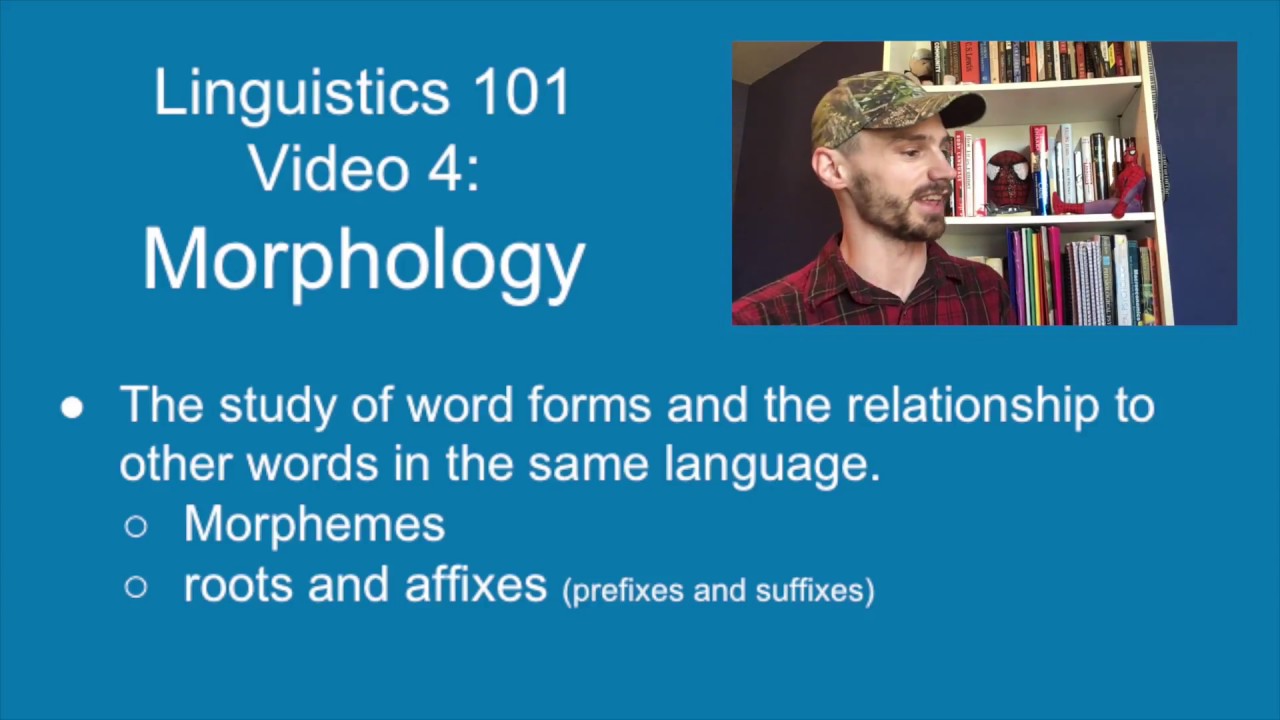Fingtam Languages
In linguistics, morphology is the study of words, how they are formed, and their relationship to other words in the same language. (That is the definition from Wikipedia.)
In this video I will talk about why it is important to know a little about morphology if you are learning languages.
You need to know how your target language deals with prefixes, suffixes, and other types of affixes. Does your target language apply a bunch of affixes onto root words? Are all words single morphemes?
We will also talk about allomorphy. That is, how morphemes can alternate depending on their phonological environment.
